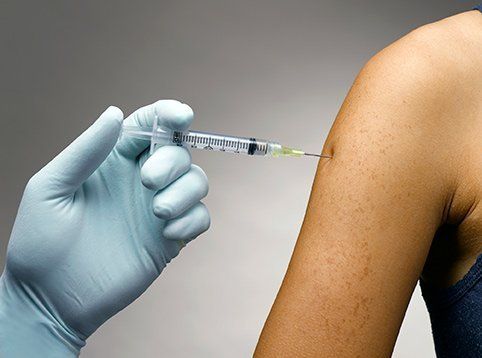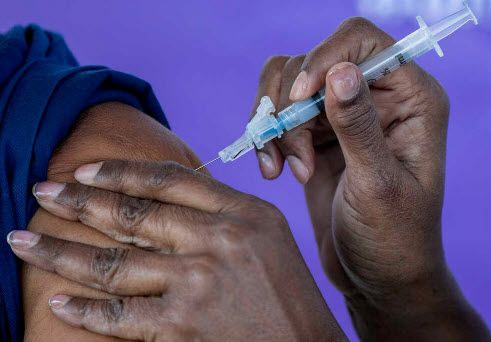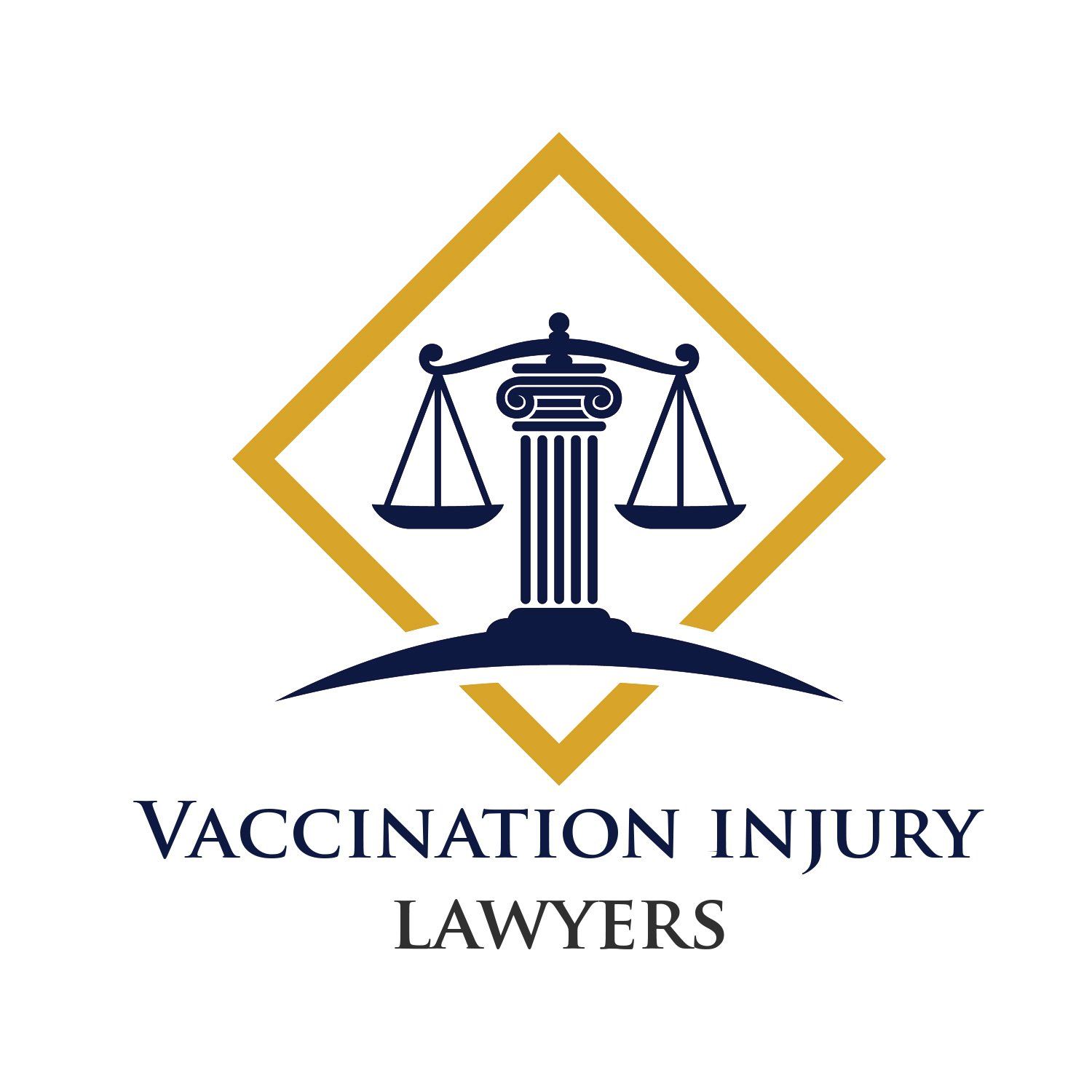DIFFERENT TYPES OF VACCINE INJURIES
January 11, 2018

The modern age of vaccines began in 1796
with arm-to-arm inoculation to protect against smallpox, and vaccination development and use exploded in the early 20th century. A number of dangerous diseases, such as pertussis, diphtheria, smallpox, measles, and polio, are now virtually eradicated due to the use of vaccines. However, despite the upside of vaccinations, vaccine injury
is a possible risk.
Vaccine injuries are not widespread, but they can cause serious health conditions in children and adults. If you are the victim of a vaccine injury, you are entitled to compensation through the National Vaccine Injury Compensation Program. Get to know some of the most common vaccine injuries.
Shoulder Injury Related to Vaccine Injury (SIRVA)
After getting a shot in the arm, soreness and some stiffness are not uncommon. However, SIRVA encompasses a lot more than just a sore upper arm. SIRVA occurs when a vaccination is improperly administered into the deltoid bursa. This condition causes severe and persistent shoulder pain along with the shoulder joint having limited function.
SIRVA may be caused by an immune response to components found in a vaccine. In adults, SIRVA has developed after being administered a vaccine in which the person already has some immunity built up due to previous vaccination, such as the influenza vaccine or tetanus vaccine.
In one study, 50 percent of the subjects noticed severe shoulder pain immediately after the vaccine was administered, and 90 percent of the subjects developed severe shoulder pain and limited range of motion within 24 hours. The duration of SIRVA for the subjects in the study ranged from 6 months to several years, and 30 percent of the subjects had to undergo shoulder surgery due to SIRVA.
Guillain-Barre Syndrome
Guillan-Barre Syndrome is a rare disorder, but it can be dangerous and even life-threatening. This disorder causes your body's own immune system to attack your nerves. In severe cases, this disease can lead to prolonged paralysis. Cases of Guillain-Barre syndrome have been associated with the influenza vaccine, tetanus shot, Gardasil vaccine, Hepatitis B vaccine, and other common vaccines.
The first symptoms of Guillan-Barre syndrome are typically weakness and tingling in the extremities. The tingling and weakness can then spread throughout the body as nerves are attacked, causing paralysis. A person with Guillan-Barre syndrome should seek medical attention at the first signs of the condition for the best possible outcome.
Additional symptoms of Guillan-Barre syndrome include an unsteady gait, difficulty speaking, chewing, or swallowing, severe aches and cramps, rapid heartbeat, and difficulty breathing. While there is no cure for Gullian-Barre syndrome, high-dose immunoglobulin therapy and plasma exchange are used to promote recovery.
Idiopathic Thrombocytopenic Purpura
Idiopathic thrombocytopenic purpura is a condition where the blood can't clot properly. A child or an adult can develop idiopathic thrombocytopenic purpura after being given the measles, mumps, and rubella (MMR) vaccine. This condition stops the bone marrow from making enough platelets, so the blood is very slow to clot. As a result, internal bleeding, bleeding under the skin, or excessive bleeding can occur.
Some of the common signs of the onset of idiopathic thrombocytopenic purpura include bruises, spontaneous nosebleeds, bleeding gums, blood in urine or stool, excessive bleeding from lacerations, extremely heavy menstruation, and profuse bleeding during surgery.
Blood clotting disorders can be dangerous, so any person who has the symptoms of idiopathic thrombocytopenic purpura needs to seek medical attention. A number of different medications can be used to control idiopathic thrombocytopenic purpura and increase the number of platelets in the blood. In some cases, the spleen may need to be surgically removed to treat the condition.
If you have developed any problems after being vaccinated, please contact
Vaccine Injury Lawyers.

Explore Texas DWI laws, including legal BAC limits, penalties for first-time and repeat offenses, and the consequences of refusing a breath or blood test. Learn about enhanced penalties for high BAC levels, the importance of ignition interlock devices, and rules for driving with a child passenger. This guide highlights the critical details you need to stay informed about Texas DWI regulations and potential legal repercussions.
You may have heard that Autism Spectrum Disorder can result from vaccinations. Read this blog to learn where this myth came from and why it's incorrect.
If you're expecting a child or planning a pregnancy, you may be wondering if and why the COVID-19 vaccine may be recommended. Read to learn all about it.
Even though vaccines are effective, some are reluctant to get vaccinated. Learn the facts about vaccination and how it protects communities.

Shoulder injuries following all types of vaccinations are becoming more common as vaccination numbers remain high. Inflammation of the injected shoulder can cause severe pain, limited motion, and other symptoms that last months or years. Sometimes, surgery is even required. Compensation for these specific injuries is available. For a more in-depth analysis of what a SIRVA is and how it occurs, check out the following article. Click Here .
With technology taking center stage in the medical industry, vaccines help to protect billions. Learn about the common vaccine types in existence today.
Estate planning with Alzheimer's or dementia can be challenging, especially as the condition progresses. See some tips to help if you are in this situation.
Every year, a percentage of individuals develop Guillain-Barré Syndrome (GBS) after getting the flu vaccine. Learn about this illness and its vaccine link.
Some parents question if the shot is worth it and safe. Read on to learn about chickenpox vaccine safety and what to do in case of side effects.

